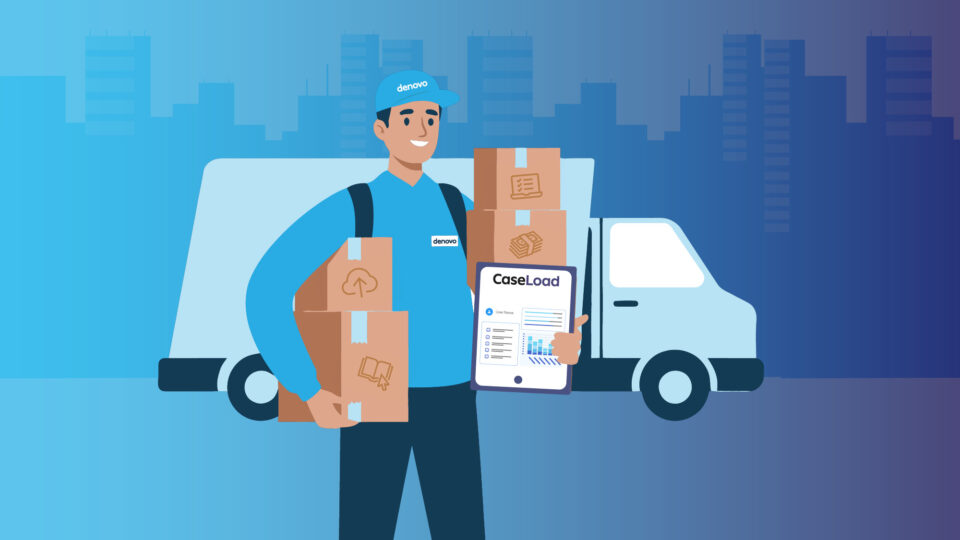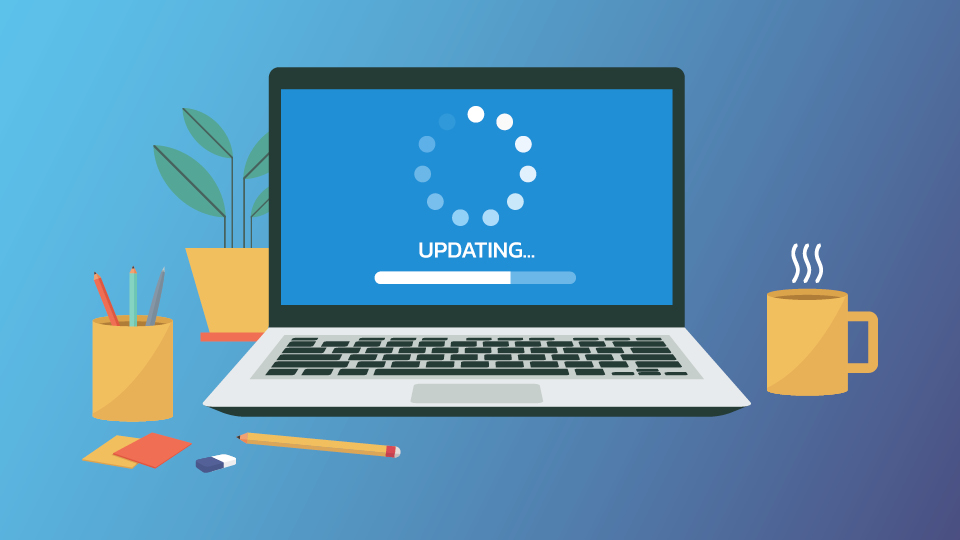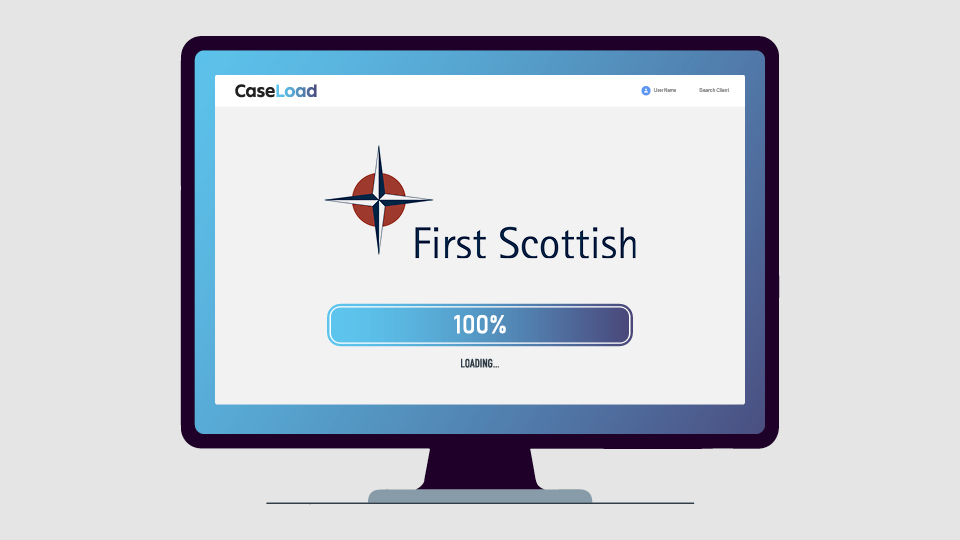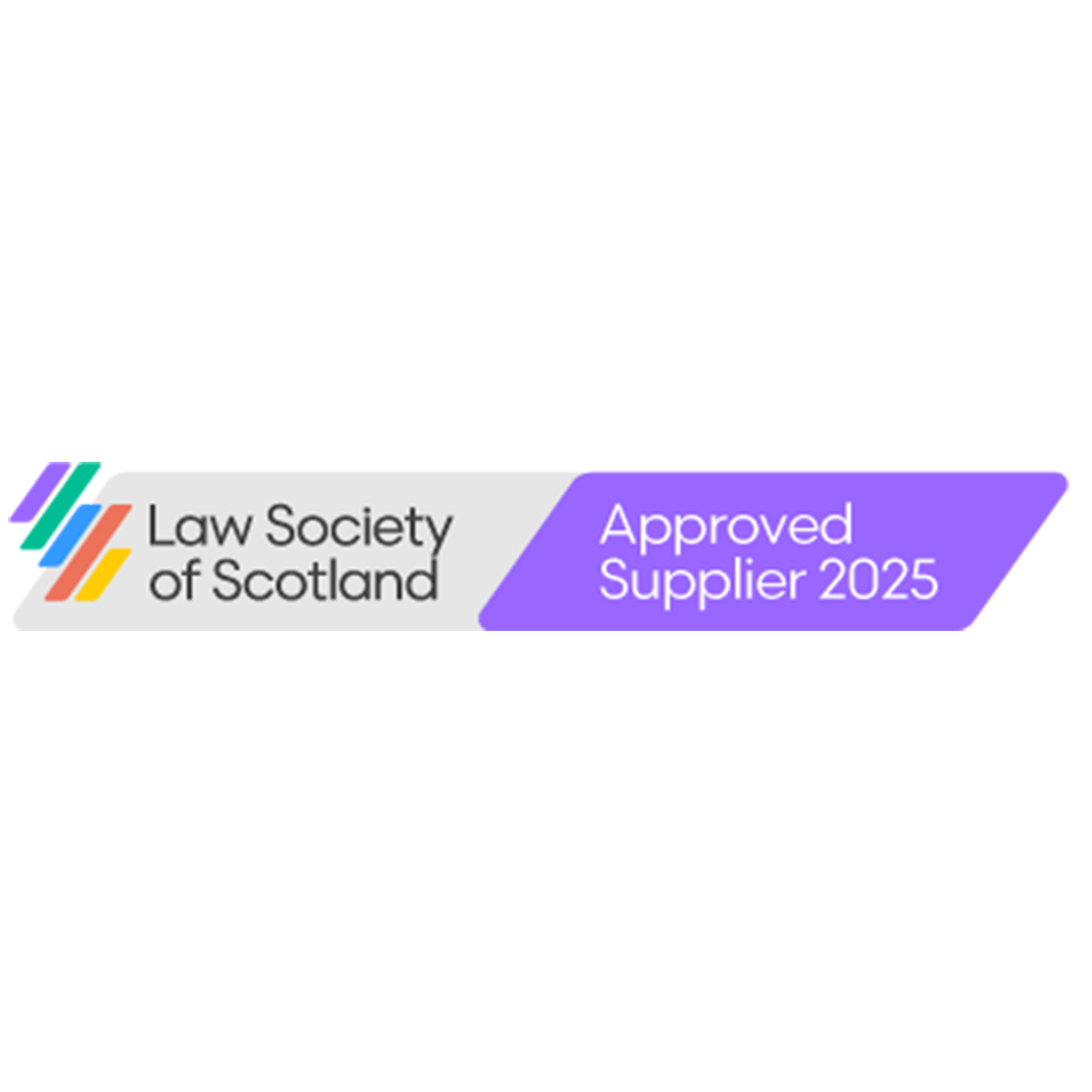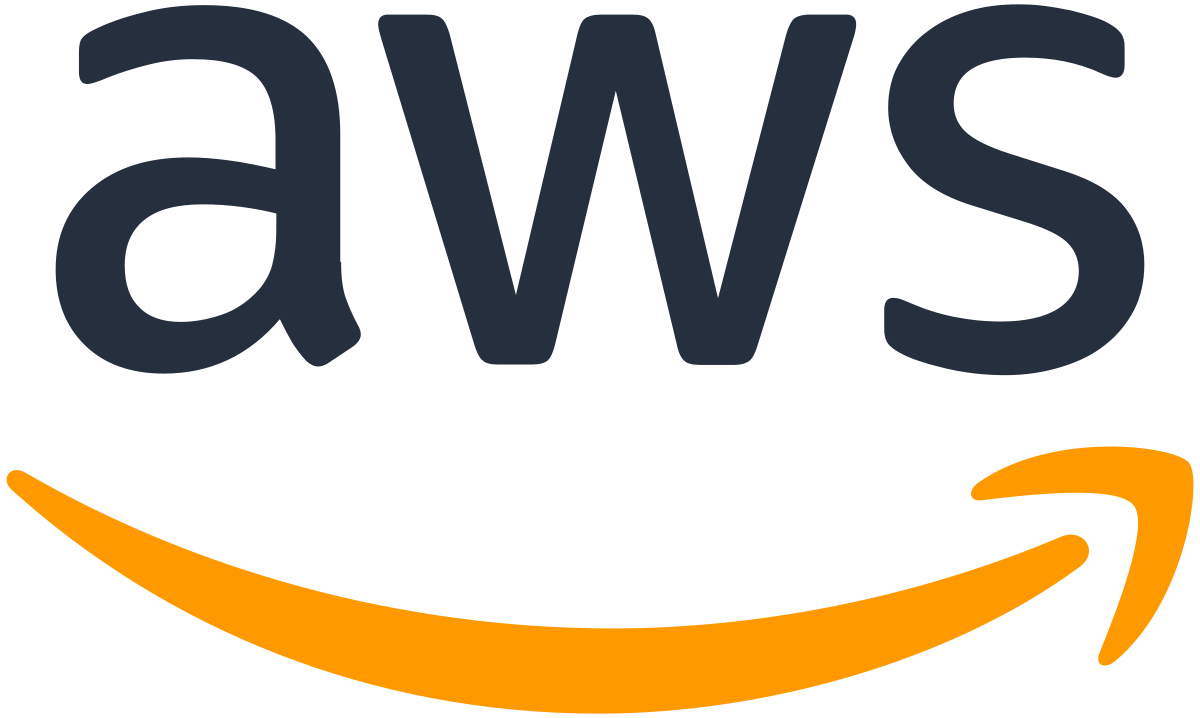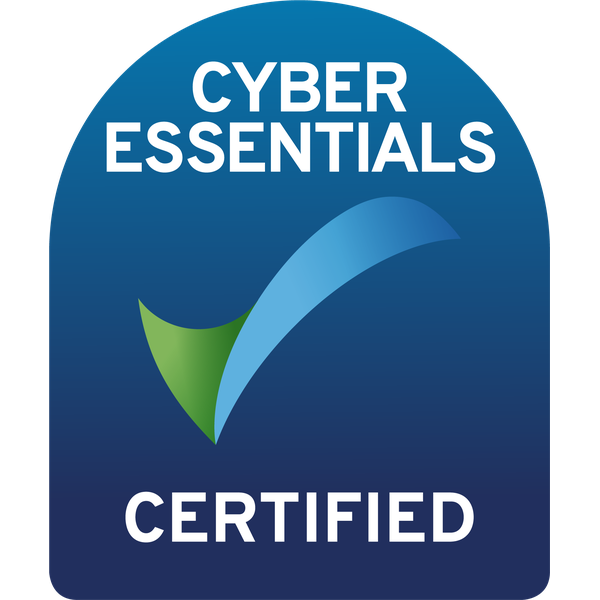Written by:

Grant Yuill
Head of Marketing & Customer Engagement
Our knowledgeable team at Denovo offers guidance on the key factors to take into account during the legal software procurement process as a leading provider of fully customisable legal accounts and practise management systems in the UK. A successful transition, a good match for your company, and long-term success are ensured by team expert insights. Continue reading to see how these six stages can assist your legal practise’s software purchases to bring about efficiency, expansion, and compliance.
Your income and performance over the short and long terms are strongly affected by your software. It often makes all the difference between success and failure. We advise you to concentrate on these six key factors while making your purchase because so much depends on them:
1. Availability and Accessibility
Working with post-Covid hybrids is standard. Your workers should be able to log into your systems at any time, from any location, using any device. There must always be a chance to complete case actions and record chargeable time.
It is therefore important to have software that can perform this by being accessed through remote cloud desktop. Your chosen solution should include access to a bespoke Cloud server space which only you have the ability to login to. This is a server space which has additional storage and the ability to configure and install any 3rd party application for enhanced collaboration. Everything on your server is then backed up to online storage platform.
To be clear, this is completely different, much more efficient and secure than the larger web cloud-based solutions, which offer much less for the money you spend.
2. Protected
There are others who are suspicious of the cloud, mostly for security-related reasons. You are in possession of private documents, sensitive information, and priceless client funds. These must always be protected.
Evaluate the security credentials of your preferred supplier and the security features of your preferred software, including ISO certifications, Cyber Essentials accreditation, encryption protocols, user permissions, server and backup preventative measures, BCDR plans, password protection with multi-factor authentication, and many others.
3. Value and Upgrade
Take into account both your immediate needs and any future requirements for your software. You should only spend on what you actually need. Nothing is worse than paying for an overly complex system whose features you seldom use.
Think about your current software requirements as well as potential future requirements. Purchase only the items you need. Paying for an overly complex system whose features you seldom use is the worst possible situation so make the system bespoke to your needs.
4. Escape Plan
Before putting your contract in writing and finalising it, you must have an escape route. You must ensure that you can easily acquire your data back in an appropriate format, ensure that your former service provider thereafter permanently deletes that data, and known agreement on the minimum contract length and notice period.
Your software provider is your “data processor” according to the General Data Protection Regulation (GDPR), but you are still the “data controller.” This implies that you are responsible for a significant portion of the continuing management of your data, including your financial records, client information, correspondence, and related documents. Ensure that you are familiar with the exit procedure and any acceptable service fees associated with obtaining your data upon leaving.
5.) Modular Upgrades
Choose case management software that comes with features for practice management and legal accounting. These serve as the cornerstones of your company. If your client and office transactions are handled by different systems, you could become very perplexed, which could result in a serious financial error or security issue.
Add any modular upgrades or outside expert systems for specific functions as necessary to this foundation. Time is saved, duplication is avoided, and data integrity is maintained through tight API connectivity with these components.
6. Connection with the Service Provider
The culture, ethics, and history of the company that provides the software are not directly software-related, but they are still significant. Is there a good fit between their outlook and yours? Finding common ground increases the likelihood of developing lasting connections between people and businesses that are based on integrity and honesty.
How often you’ll communicate with your service provider after implementation is complete is something you can never anticipate at the outset. However building relationships is key to any working partnership. You want a positive experience with a mutually satisfying resolution to any difficulties presented at these points of contact. Make sure you have access to someone to talk to when needed. Meeting the key personnel and making it your goal to get to know them before you engage.
More Information About Case Management Software
Our “Introduction to Denovo Guide” has more software purchase information that will assist you to navigate the tricky process of selecting the finest provider and software for your company. Click here to download our “Introductory Guide.”


